

"Take a deep breath and focus on the work at hand." I say that a lot lately.
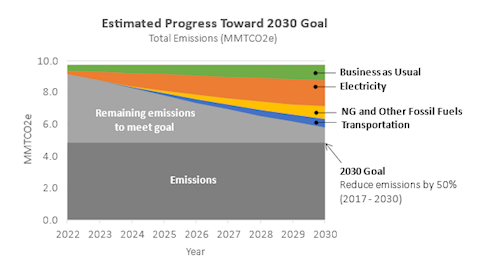
We have made real progress reducing countywide emissions AND we all need to do more faster to achieve our 2030 countywide climate action goals.

Dane County recently secured a $13.2M federal grant to expand electric vehicle (EV) charging in areas of the county that are underserved by the private market.
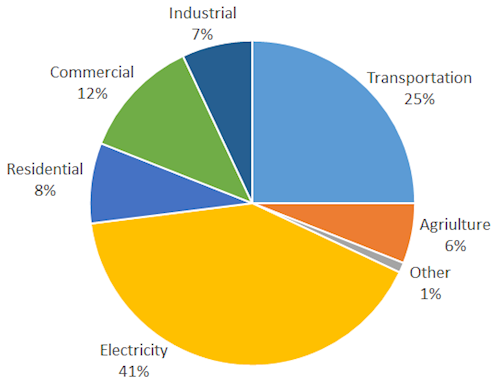
I recently had the opportunity to dive deep into the environmental world by completing an emission inventory for Dane County. Here are some of the lessons I learned.

In recognition of our leadership on solar energy, Dane County, Wisconsin achieved SolSmart Platinum designation. Dane County is the first county government in the nation to earn the prestigious SolSmart Platinum designation.
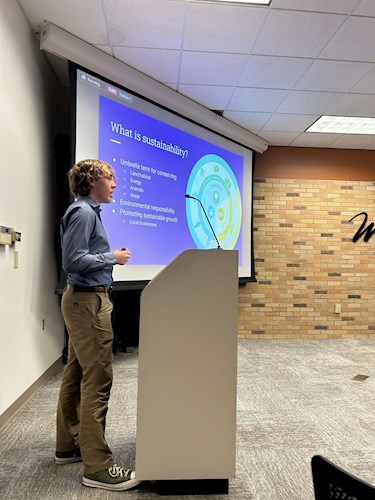
My name is Isak Drangstveit, I’m a senior at Waunakee Community High School and a co-leader of the Dane County Youth Environmental Committee (DCYEC).
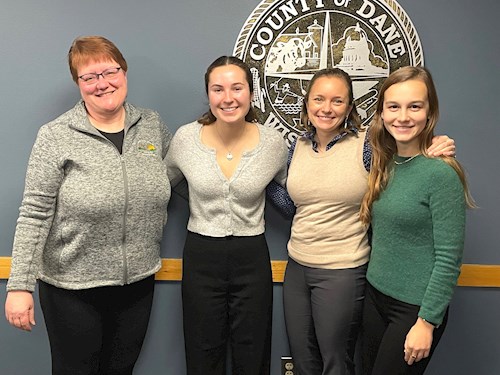
As 2024 begins, now is a good time to reflect on what we have accomplished and where we need to focus our energy next.
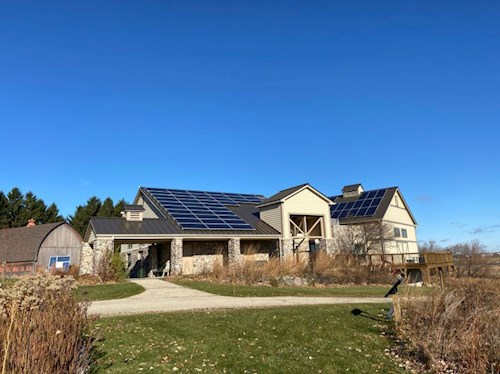
Almost eighteen months ago we awarded the contract for Dane County’s Comprehensive Energy Assessment to HGA, a national engineering and design firm with offices in Middleton.
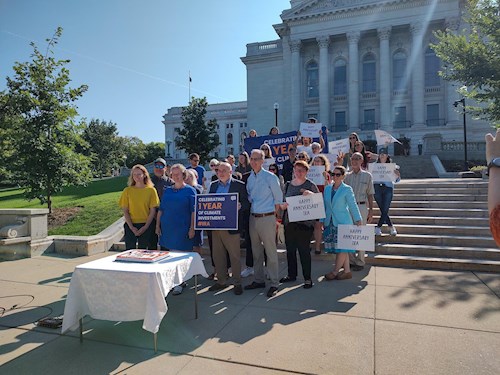
The Office of Energy & Climate Change had the opportunity to join some of our friends and allies to celebrate the first anniversary of the Inflation Reduction Act.

I couldn't picture a better way for me to begin my journey with the Office of Energy & Climate Change (OECC) than how I spent my morning on May 26th at Crestwood Elementary School. In partnership with The Urban Tree Alliance, I was able to spend time as a volunteer for a tree planting project at the school, and I met some of the inspiring individuals I will be working closely with throughout the rest of my internship.